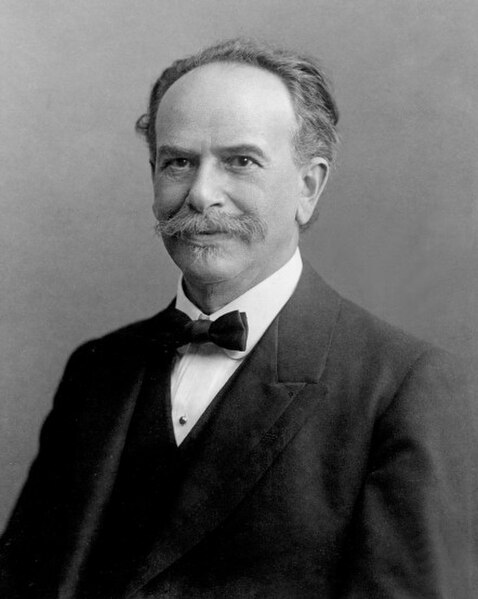Infinite photos and videos for every Wiki article ·
Find something interesting to watch in seconds
Famous Castles
Celebrities
Wars and Battles
History by Country
Great Cities
Largest Empires
Recovered Treasures
Supercars
Sports
Richest US Counties
Countries of the World
Rare Coins
Best Campuses
British Monarchs
Orders and Medals
Wonders of Nature
Ancient Marvels
Animals
Largest Palaces
Crown Jewels
Kings of France
Tallest Buildings
Great Museums
Presidents
Great Artists
World Banknotes
more top lists




